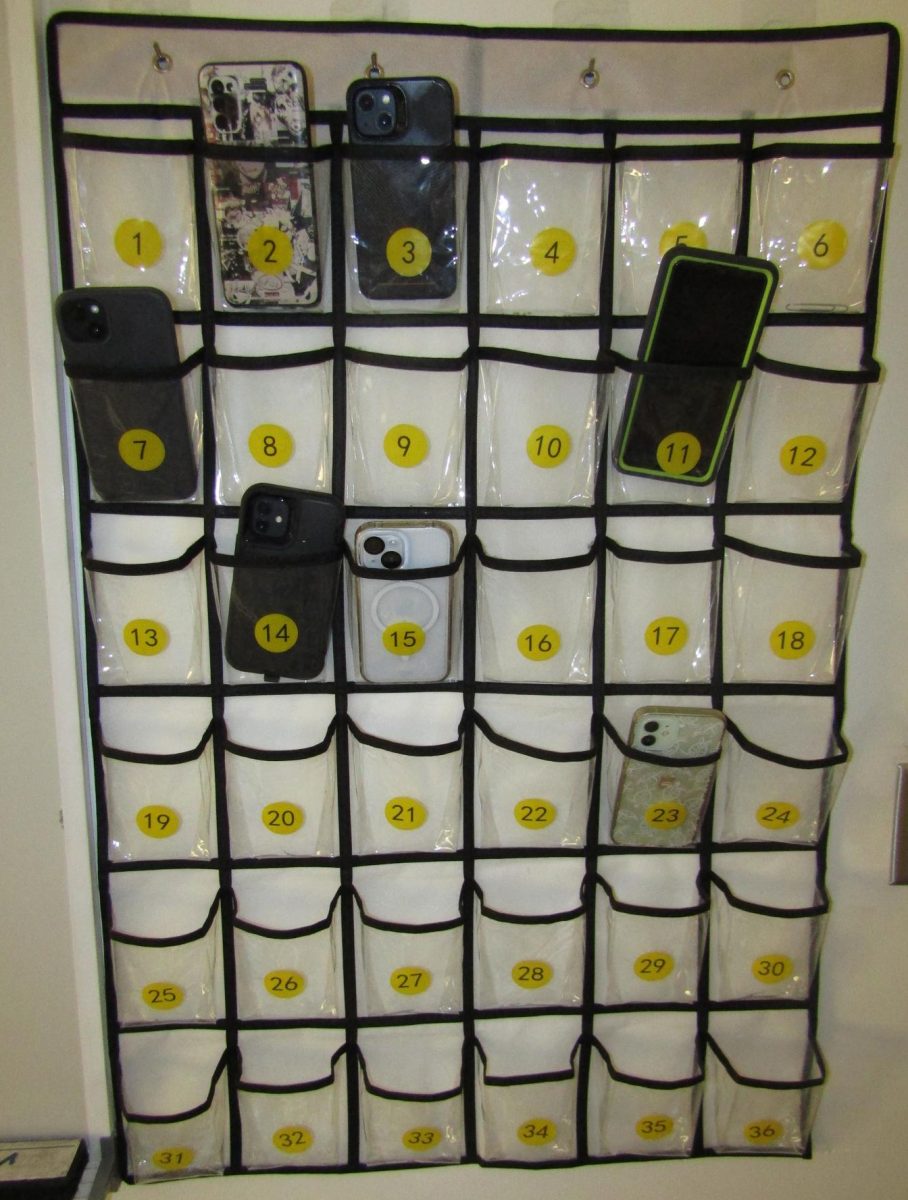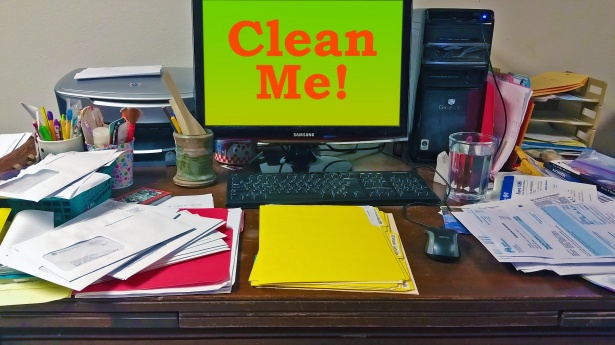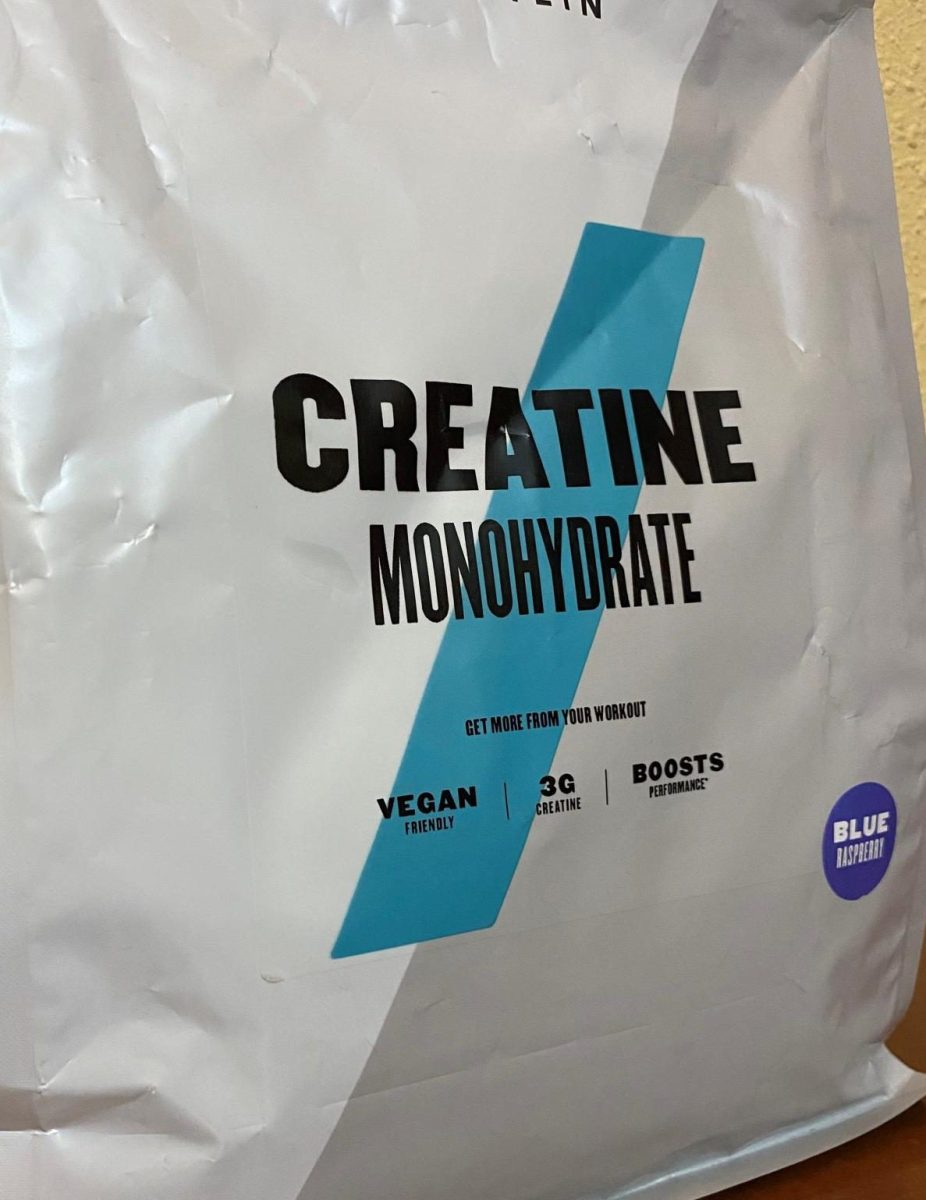What is Facebook’s Metaverse?
The idea of the Metaverse is turning heads
April 7, 2022
The Metaverse. It can be quite difficult to put into words. Just what is it?
In the most simple sense, it is a virtual and mixed reality experience in which you can socialize, play, and work in a 3-D world. However, the Metaverse is so much more than just that.
Mark Zuckerberg, Meta’s CEO, has wishes for the Metaverse that are quite abstract and underdeveloped for the common crowd.
Zuckerberg understands that his product “does not fully exist” yet. Many upcoming technologies required to make the Metaverse happen are still in the works, or are merely just concepts at the moment. He has taken strides to try and make accessing it easier for the common individual, like offering the Oculus Quest 2 at $299, quite cheap for a VR headset which normally runs from about $450-$1000.
As soon as you put on the Oculus headset (Oculus being a Meta owned company), you are greeted by Horizon Home, an app that automatically comes with your device. This will be the primary hub that you can customize to your likings. You can place and organize all sorts of furniture around your room, change the backgrounds and skies, and invite your friends.
Each person will be represented by an “avatar”, a customizable character that replicates each movement that you make with your headset. Your avatar can be a human representation of you, a robot, fictional character, or whatever you choose. These avatars can be seen by everyone around you in the current world. Anyone can create avatars, like me, or you. The vast majority of the content available (worlds, avatars, games, etc), are made by the community surrounding the Metaverse. An app currently in beta, Horizon Worlds, allows users to create completely new worlds to share with others. They plan on making their content creation apps easy to use so that anyone can have a fun time.
Zuckerberg also plans on dabbling into augmented reality, which is the incorporation of virtual objects projected into the real world. These virtual objects or effects are visible through either the Oculus headsets, the new “Project Nazare” augmented reality glasses, or through a screen like a phone. Various AR (augmented reality) effects can already be seen in filters for popular apps like Snapchat or TikTok. These AR projections can be interacted with, like playing tennis, finding cool graffiti by an artist, or playing chess with an old friend. Meta is offering Spark AR, a studio app where users can create filters for mobile phones.
Zuckerburg believes that working from home is here to stay, “so we are going to need better tools to work together”. The Metaverse’s version of work will be similar to that of being in the office. The workplace around you is projected through AR technology. You will be able to have your own custom workspace display in an array of tiles, tabs like “Music”, or “File Share”. Coworkers can video call and have their avatar projected into your home or workspace through using the AR effects. Horizon Workplace is the official app for work in the Metaverse, released mid 2021 for testing.
The Metaverse has numerous big backers that have invested millions of dollars into the idea. Microsoft has recently bought Activision for $70 billion, the largest purchase the company has ever made, to potentially make games within the Metaverse. Google has invested $39.5 million into a private equity fund for metaverse projects.
However, the Metaverse in VR is not necessarily a new experience. Popular social games like VRChat or Rec Rooms already have most of these systems already in place, like teleporting, custom made avatars and worlds, and home spaces. Many parallels can be drawn to Metaverse and these games.
VRChat in particular has shown great success since its release over five years ago on February 1, 2017, with well over 1.5 million downloads. This is a good sign for the Metaverse, that it is most likely to be a success, in terms of the social aspect at least. However, how will the Metaverse compete with these already well established platforms? Will people want to switch over to Meta’s (Facebook) product, given their long history of privacy violations?
These questions will be answered within the next few years, as the product has not fully been released, nor developed. Many are worried about how their data will be collected and used, how the Metaverse will be moderated and censored, and how it will fundamentally change society. People need to be careful about introducing the Metaverse into their lives, if at all. It could potentially have great benefits, or have great detriments.






































